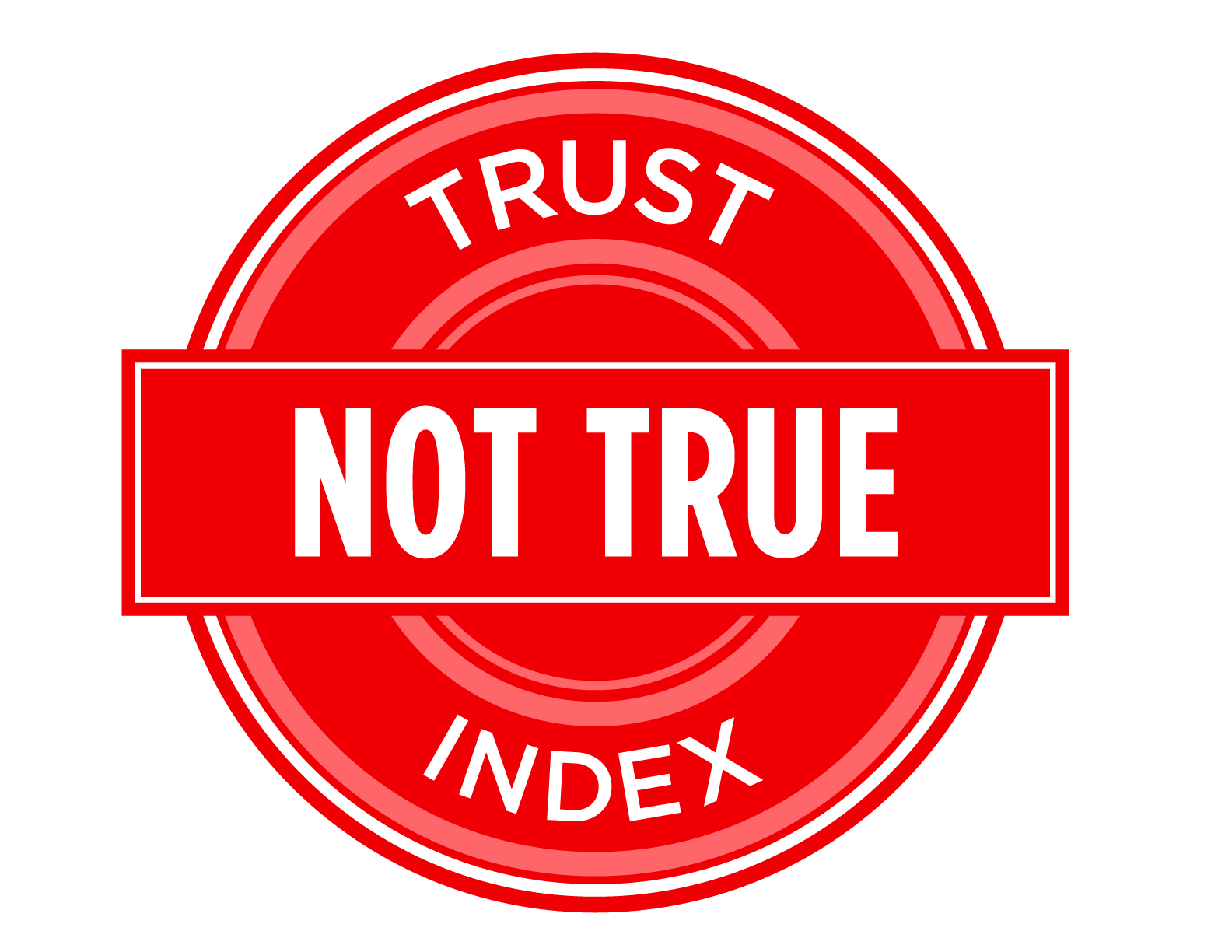TALLAHASSEE, Fla. – A year after the COVID-19 outbreak temporarily shuttered much of the economy and plunged the nation into debates over masks and lockdowns, Florida Gov. Ron DeSantis convened a hand-picked panel of health experts at his state Capitol on Thursday to help validate the actions he took against the pandemic.
One by one, the experts provided vindication for DeSantis, whose insistence on lifting lockdowns, reopening schools and undermining mask mandates came under scrutiny as the public health crisis unfolded. The Republican’s handling of the virus will no doubt be a key issue when he faces reelection next year.
News4Jax put two of the claims made by the experts through the Trust Index. The first claim we are checking was made by Dr. Jay Bhattacharya a Professor of Medicine at Stanford University.
“I think the masks have not only not been ineffective but harmful,” he said.
Here’s a list of a few medical organizations that do recommend people wear masks to stop the spread of Covid-19:
- The Centers for Disease Control and Prevention
- The World Health Organization
- The American Medical Association
- The American Academy of Pediatrics
- The Mayo Clinic
And earlier Thursday while appearing in front of a U.S. Senate committee hearing focused on the COVID-19 response, Dr. Anthony Fauci addressed wearing masks.
“Let me just state for the record that masks are not theatre, masks are protective,” Fauci said.
According to Dr. Fauci, there is currently no scientific data that proves masks to be harmful or ineffective.
On the Trust Index we are marking the claim that masks are ineffective and harmful to be Not True.

After review, we've found this information is Not True.
Another claim made by the panel came from Sunetra Gupta, a professor of theoretical epidemiology in the Department of Zoology at Oxford University when asked about social distancing after being vaccinated.
“Since I recommend most non-immune persons, they shouldn’t wear masks or engage in social distancing, you could guess my answer to people who are immune.”
On this claim, we are looking at whether social distancing is recommended to prevent the spread of COVID-19.
The CDC says “Since people can spread the virus before they know they are sick, it is important to stay at least 6 feet away from others when possible, even if you—or they—do not have any symptoms.”
The World Health Organization says “Stay safe by taking some simple precautions, such as physical distancing, wearing a mask…”
Medical experts agree that COVID-19 is primarily airborne. Therefore, they agree that if you are socially distanced from a person carrying the virus you are less likely to get sick.
So, on the Trust Index we are marking the no need to social distance claim as Not True. There is scientific evidence proving social distancing works.

After review, we've found this information is Not True.
The experts he convened hailed from some of the world’s most prestigious institutions but their views have been rebuked by many mainstream scientists, including Fauci, who last year called the anti-lockdown, pro-herd immunity push “nonsense.”
Thursday’s panel echoed the governor’s assertions that lockdowns and mask mandates did little to slow the spread of the virus — and might have even done more harm than good by damaging people’s mental health and stoking fear among some to not seek medical help at the risk of exposing themselves to the virus.
“I think the lockdowns were the single biggest public health mistake,” said Dr. Jay Bhattacharya, a professor at Stanford Medical School, who helped write the Great Barrington Declaration — a petition that contends that lockdowns and other measures have spawned a host of unintended consequences that could adversely affect long-term public health.
The declaration’s two other writers, Dr. Martin Kulldorff of Harvard University and Gupta of Oxford University, also joined the governor during Thursday’s roundtable. Also taking part was Dr. Scott Atlas, a radiologist who had no formal experience in public health or infectious diseases when then-President Donald Trump tapped him last summer as a key pandemic adviser. Atlas later resigned.
“It’s obvious by now that these lockdowns and contact tracing and masks were not able to prevent a resurgence of the disease during the winter,” said Kulldorff, a professor of medicine at Harvard.
At one time Florida was among the epicenters of the disease, prompting DeSantis a year ago to shutter businesses and call for social distancing. As the Florida economy hemorrhaged jobs, he pushed to reopen the economy. He then moved to reopen schools.
“The data could not be clearer that our state has fared far better than many others, particularly those that imposed harsh lockdowns on their residents,” DeSantis said in a statement after the roundtable.
Researchers have amassed troves of data about the spread of the coronavirus, which has infected more than 121 million worldwide and killed nearly 2.7 million. In the United States, the pandemic has been responsible for the deaths of at least 538,000 people, including more than 32,000 in Florida.
Some studies indicate that masks and limiting group activities such as indoor dining can help slow the spread of the coronavirus, but less clear is why states with greater government-imposed restrictions have not always fared better than those without them.
California and Florida have drawn particular scrutiny because of their similar results despite differing approaches.
Despite California’s more cautious tack in reopening, its COVID-19 case rate was similar to that of Florida, according to data from the federal Centers for Disease Control and Prevention. The death rates for both states ranked near the middle. New York, which like California has been relatively stringent in restrictions, has had one of the worst records in deaths per capita after it was the nation’s early coronavirus epicenter.
Some researchers cautioned against interpreting data too simplistically.
“There are a range of other factors that have to be taken into consideration to understand why death rates are different in very different parts of the country,” said Professor Glenn Morris, the director of the Emerging Pathogens Institute at the University of Florida.
Despite assertions by the governor’s panelists that masks, social distancing and contact tracing have been ineffective, Morris contends that those measures are in fact slowing the spread of COVID-19.
“It doesn’t make sense not to use every tool that we have to slow disease transmission, prevent deaths and long-term complications, and limit the opportunities for further coronavirus evolution, which is resulting in the emergence of new strains and strain variants that are transmitted more quickly and can cause more severe disease,” he said in an email to The Associated Press.
Florida Agriculture Commissioner Nikki Fried, a potential Democratic rival in the governor’s race, chided DeSantis for “elevating disinformation.”
“We don’t need a roundtable to know that expanding vaccine access is what must be done to save lives and jobs,” Fried tweeted.
While DeSantis is gradually lowering the age criteria for access to coronavirus vaccines — it now stands at 60 years old — his critics are urging him to do so more quickly.



